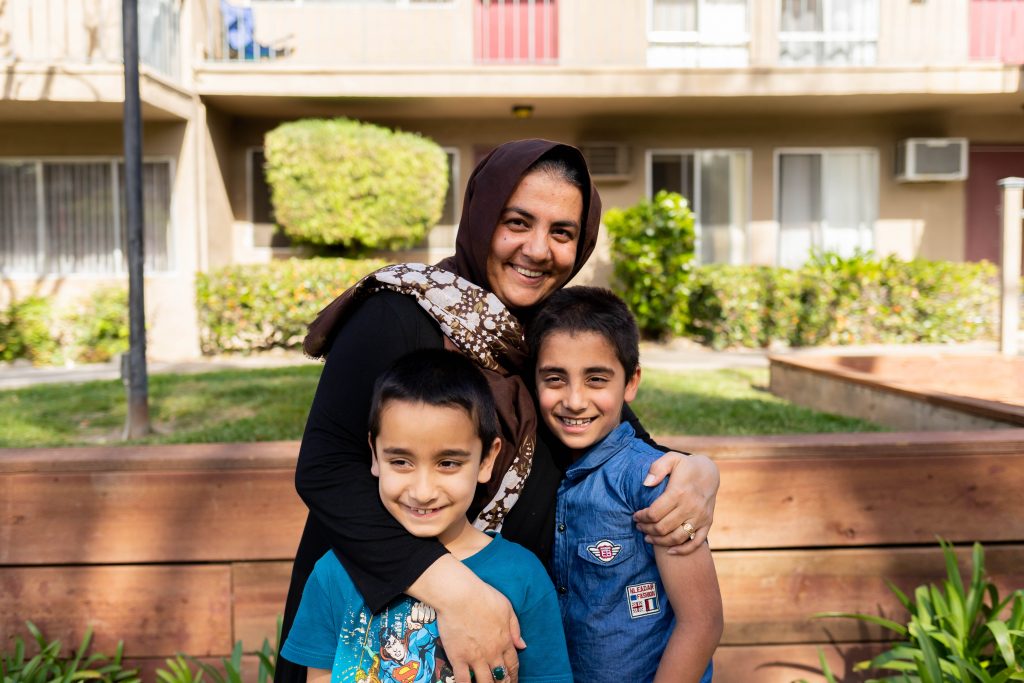Case Management
Arriving and Thriving
Having fled poverty, persecution, and war, refugees, asylees, and other immigrants often arrive in the United States with high hopes of building a better life for themselves and their children. Upon arrival, however, they face a staggering number of challenges as they seek to rebuild their lives. Not only do these families have many tangible needs to meet, such as housing, transportation, employment, and health care, but they also face a number of intangible challenges as they learn to navigate a foreign culture, far away from their friends and family.
Many struggle with feelings of isolation, despair, anxiety and depression. World Relief’s holistic Case Management program is designed to help our new neighbors overcome these barriers so they can not only survive, but thrive, in their new home.
Together we can help.
Serving Immigrants for Over 40 Years
For over 40 years nationally and 25 years locally, we’ve been providing case management support to refugees and, most recently, other immigrants in vulnerable situations across our communities. Our case managers support individuals and families to meet basic needs such as housing, access to food, and health care. We also partner with our clients to set goals, assess strengths, tackle challenges and connect families with local resources. This vital support serves as an anchor for many families who rely on this coaching to get on their feet after a crisis or during their first months in the U.S. and the Tri Cities.

Afghan Women's Program
In 2020, World Relief Modesto organized a program for Afghan Women aimed at English proficiency and solidifying integration in the community. This has been a collaborative effort in conjunction with community partners, non-profit organizations and volunteers all with the common goal of fostering healthy integration amongst Afghan women.
In addition to twice a week classes, our goal is to partner every woman with a volunteer from the community as conversation partners and as another layer of connection and relationship building. The women have formed a strong, self- sustained community, that is a source of strength, connection, and community for them all.
